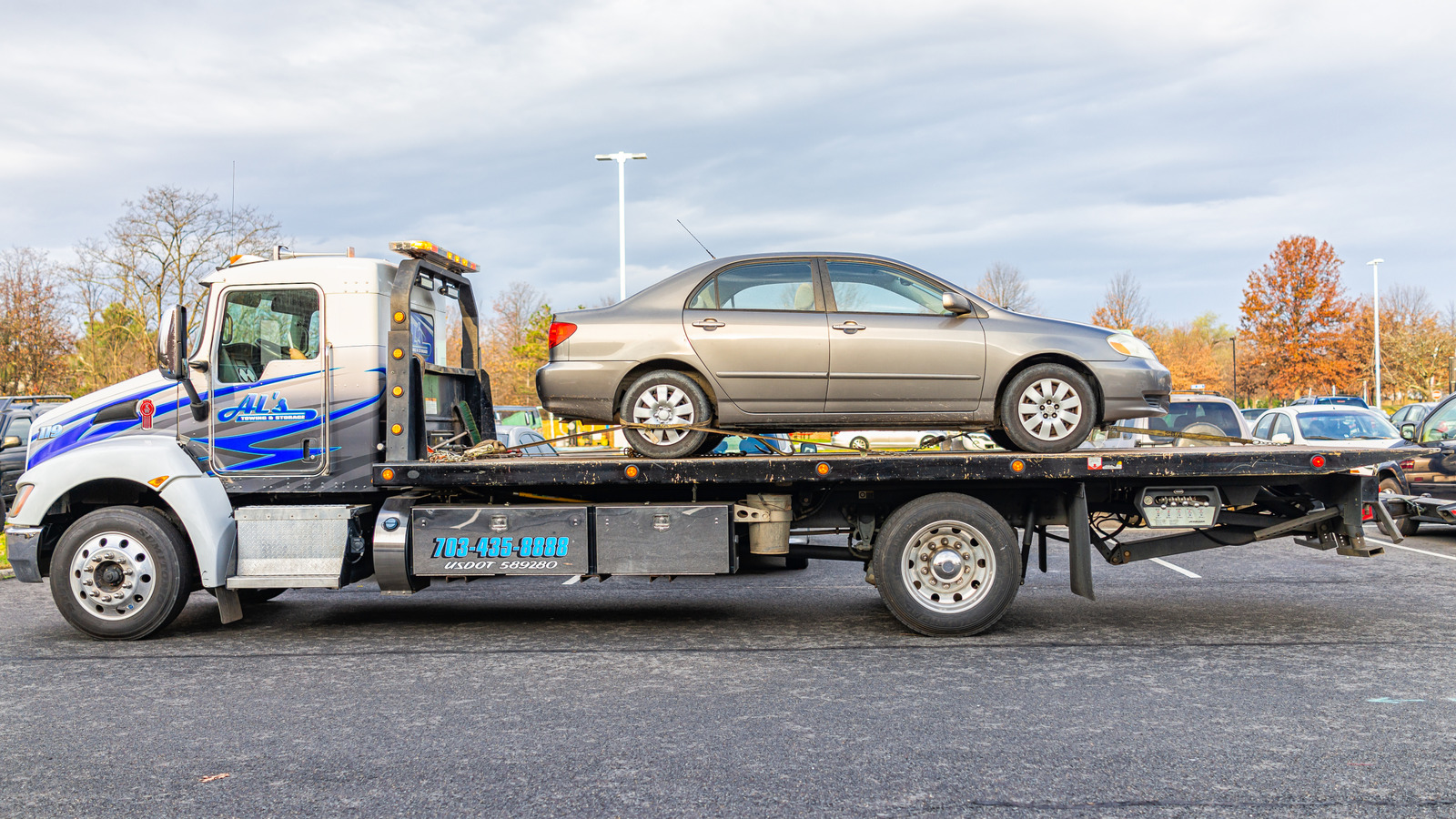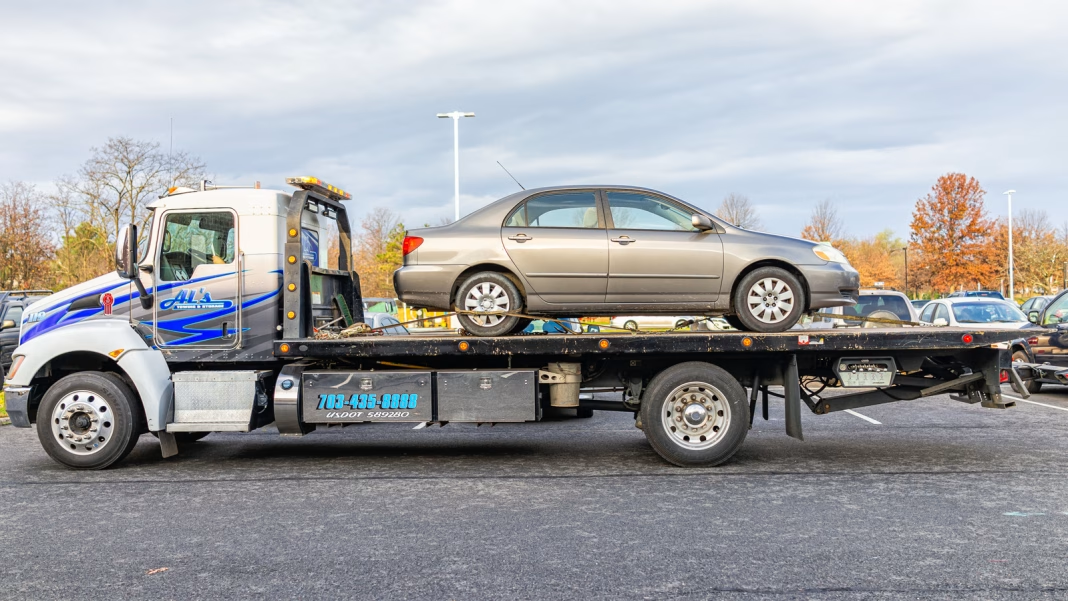Towing companies in Connecticut have recently come under fire for a practice that many are calling exploitative. Imagine this: your car gets towed, and when you finally track it down, you find out that not only do you owe fees for the tow itself, but the company is also holding your personal belongings hostage until you pay up. This situation is raising eyebrows and sparking conversations about ethics in the towing industry.
Why Are Personal Belongings Being Held Hostage?
The crux of the issue lies in a legal loophole. In Connecticut, towing companies can legally retain personal items found inside towed vehicles as a way to compel drivers to pay their fees. This means if you left behind anything from a laptop to a set of golf clubs, the towing company can use those items as leverage. It’s not just about the car anymore; it’s about what’s inside it. This practice can feel like a double whammy for drivers already stressed about the financial burden of towing fees.
The Impact on Drivers
For many drivers, especially those who may already be facing financial difficulties, this can be a devastating situation. Imagine needing to retrieve your work laptop to meet a deadline, only to find out that you can’t get it back until you pay a hefty towing fee. It’s not just about the money; it’s about the stress and inconvenience that comes with it. This tactic can lead to a cycle of debt, where drivers are forced to make tough choices about what to prioritize—getting their belongings back or paying other bills.
Real-Life Examples
Take, for instance, a recent case where a driver had their car towed after a minor parking violation. When they went to retrieve their vehicle, they discovered that their personal items, including medication and important documents, were being held by the towing company. The driver had to scramble to come up with the funds to pay the fees, which were already steep, just to get back what they needed. Stories like this are becoming more common, and they highlight the urgent need for reform in the towing industry.
What Can Be Done?
So, what’s the solution? Advocacy groups are calling for clearer regulations that protect consumers from such practices. Some suggest that towing companies should be required to return personal items without additional fees, especially if those items are essential for daily life. Others argue for more transparency in pricing and towing practices, so drivers know exactly what they’re getting into.
As a driver, it’s also essential to be aware of your rights. Familiarizing yourself with local towing laws can empower you to stand up against unfair practices. If you find yourself in a situation where your belongings are being held, documenting everything and seeking legal advice may be necessary.
The Bigger Picture
This issue isn’t just about towing companies in Connecticut; it reflects broader concerns about consumer rights and ethical business practices. As more people become aware of these tactics, there’s hope for change. The conversation is shifting, and it’s crucial for drivers to advocate for themselves and push for fair treatment.
The big takeaway? This situation isn’t about perfection—it’s about smarter adjustments. If you find yourself in a similar predicament, take a moment to assess your options. Start with one change this week—like researching local towing laws or connecting with advocacy groups—and you’ll likely spot the difference by month’s end.


